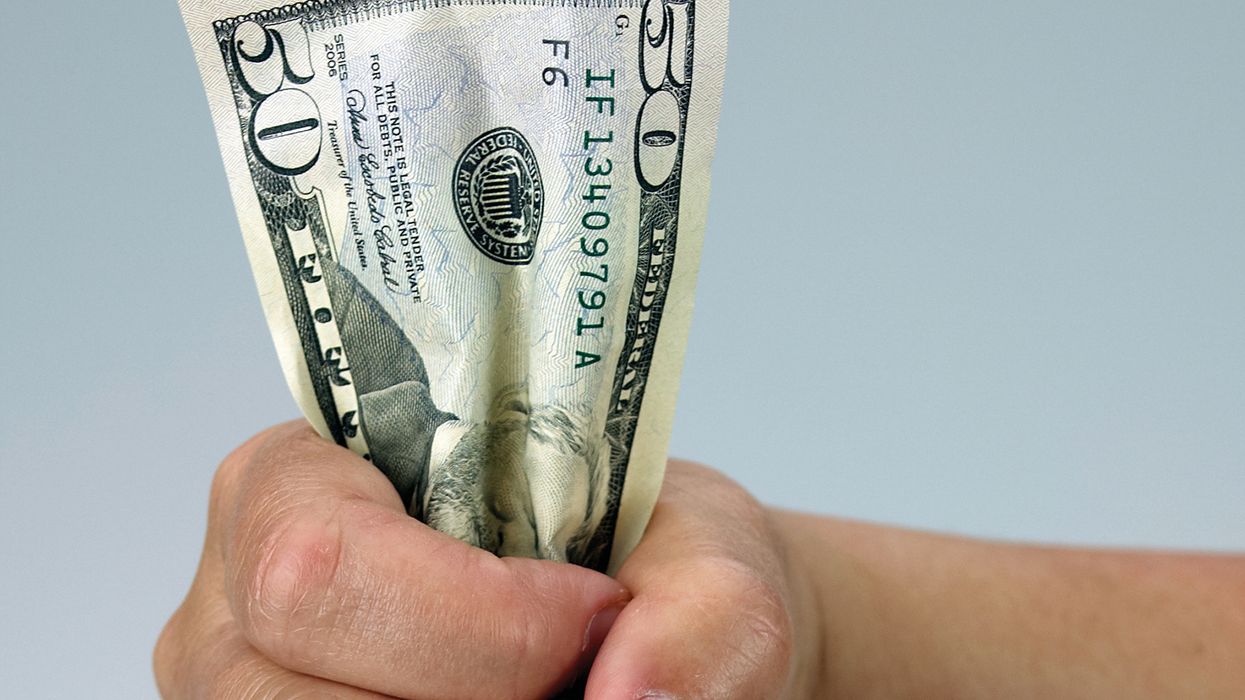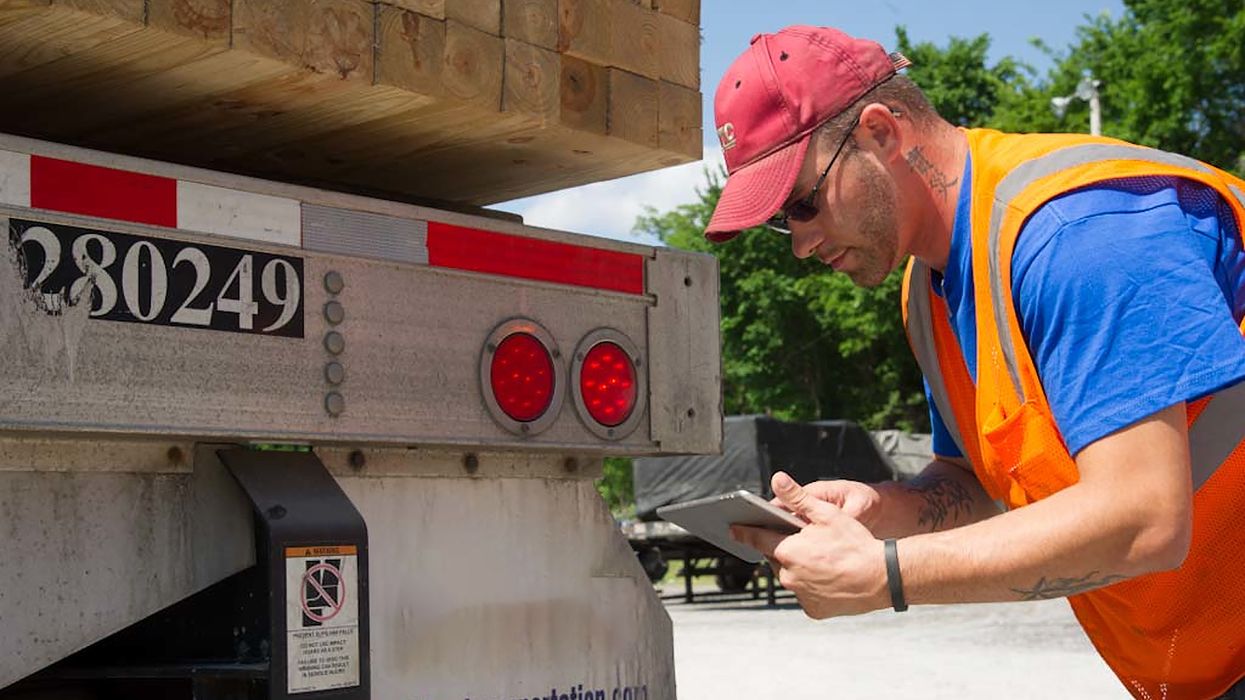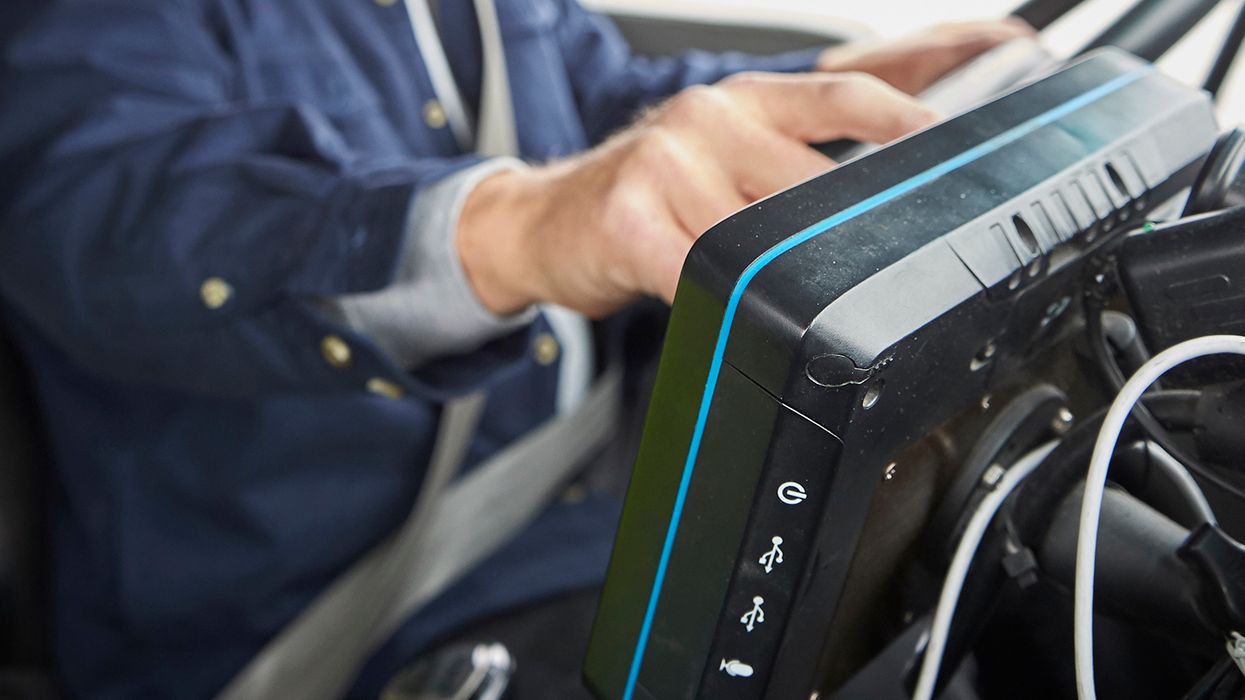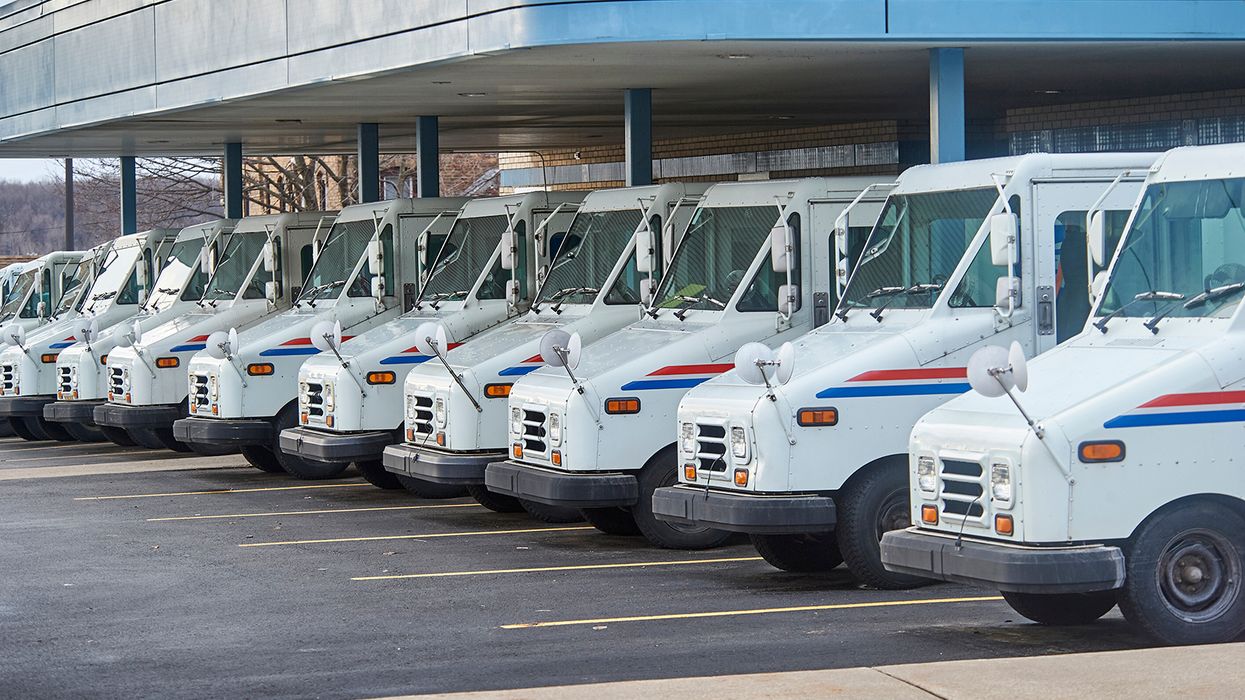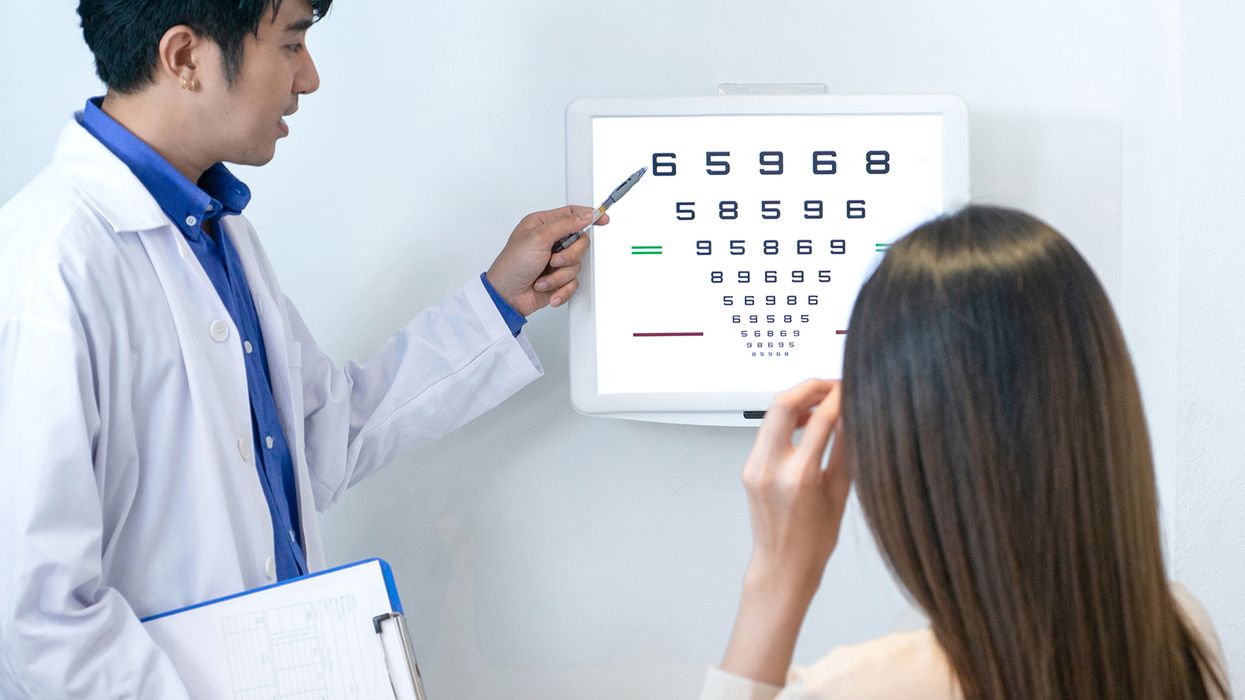DOL proposal puts tip credit limits in place
Got tipped employees? If so, get ready for some changes. On June 21, the U.S. Department of Labor (DOL) issued a proposed rule that would limit the amount of non-tip producing work that a tipped employee could perform when an employer is taking a tip credit. This is generally referred to as the dual jobs provision under the Fair Labor Standards Act (FLSA).
When employees perform too much non-tipped work, employers may no longer take a tip credit and must pay the full federal minimum wage to the employees. The FLSA allows employers with tipped workers to pay as little as $2.13 per hour in direct wages, while taking a credit against the tips earned by the employee to make up the balance of the federal minimum wage of $7.25 per hour.
Under the proposal, tipped employees could perform tip-producing tasks and those that support tip-producing tasks. A waiter may, for example, occasionally wash dishes in addition to waiting tables. But there’s a catch: The time spent on the supporting tasks must be limited. In the words of the proposal, the support work must not be performed for a “substantial amount of time.”
The supporting work may not:
- Exceed, in the aggregate, 20 percent of the employee’s hours worked during the workweek (the 80/20 guidance), or
- Be performed for a continuous period of time exceeding 30 minutes.
If, for example, a tipped employee spends more than 20 percent of their workweek performing directly supporting work, the employer could not take a tip credit for any time that exceeds 20 percent of the workweek.
If the waiter in the above example spent a continuous, or uninterrupted, period of time performing directly supporting work that exceeds 30 minutes, the employer could not take a tip credit for that entire period of time that was spent on such directly supporting work. If, in the example above, the waiter spends more than two hours washing dishes during each eight-hour shift, the employer would not be allowed to take the tip credit.
The DOL believes that measuring a “substantial amount of time” in this way provides a uniform and accurate gauge for determining when a tipped employee is still engaged in a tipped occupation, allowing an employer to pay a reduced cash wage for the time spent on that work.
As such, the DOL proposes to withdraw the dual jobs portion of the 2020 tip final rule and re-proposes the new rules.
Employers have struggled with the changing rules regarding dual jobs for tipped employees. The time limits in the proposed rule might make it challenging for affected employers to take the tip credit. The rule is still only in the proposal stage, however, and the public may submit comments until August 23.

